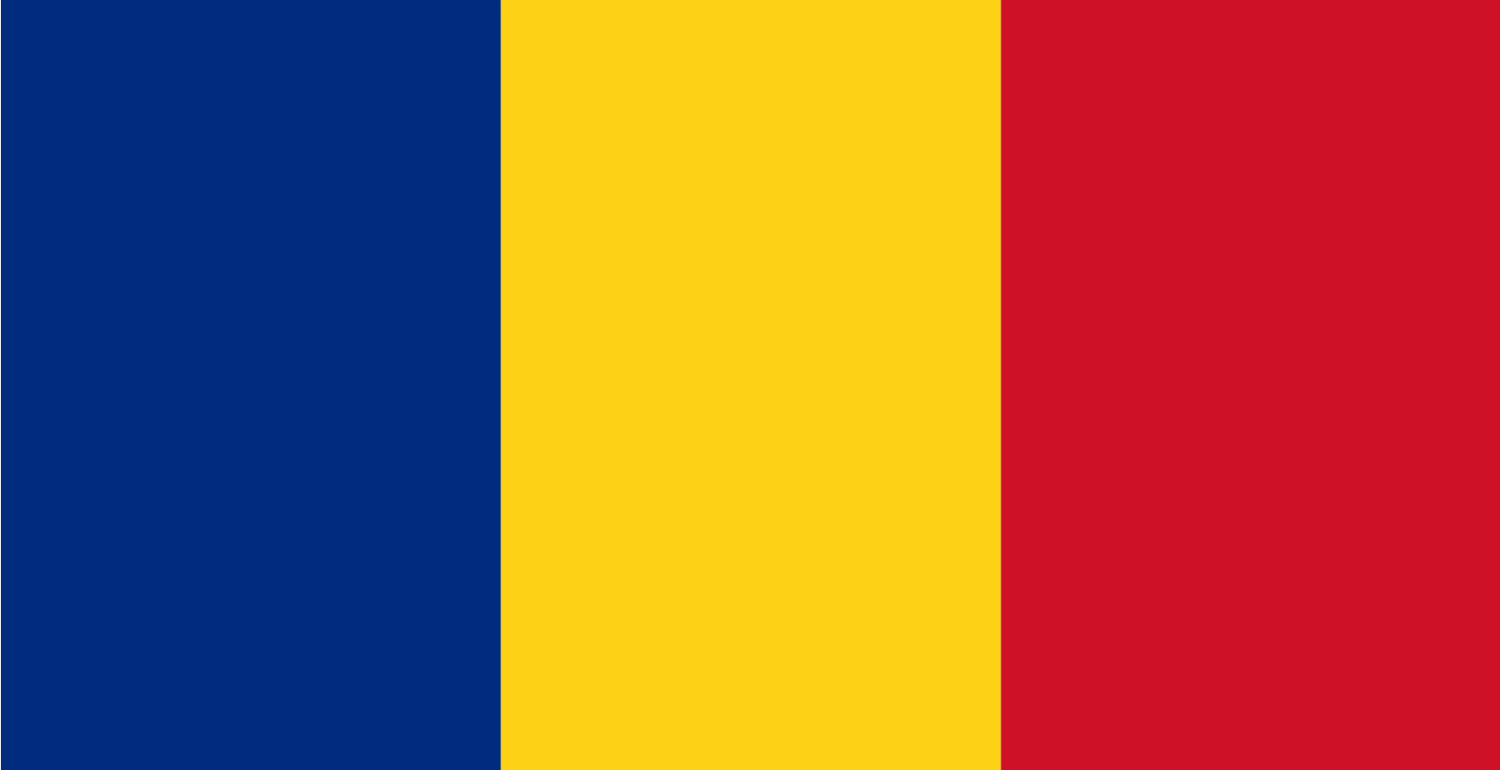The Commission delegation to Yugoslavia had three main goals: (1) to observe the first, free, multi-party elections in post-War Yugoslavia, which took place in Slovenia on April 8; (2) to discuss a variety of human rights concerns; and (3) to examine firsthand the situation in Kosovo province by meeting with both Serbian and Albanian groups. The delegation visited the cities of Ljubljana, Belgrade and Pristina, and Chairman DeConcini made a separate visit to the village of Medjugorje. Meetings were held with federal, republic and provincial officials, as well as with human rights activists, religious figures, representatives of alternative groups and parties, journalists, and other private individuals.
Overall, the delegation was able to accomplish these objectives. Moreover, its efforts were immediately followed by several positive developments in Yugoslavia, including the lifting of the state of emergency in Kosovo and the announced release of 108 political prisoners, including Adem Demaqi, a political prisoner with whom the delegation had sought to meet. In addition, the members of the Youth Parliament of Kosovo detained just prior to the Commission’s visit were released, and former Kosovo official Azem Vlasi was acquitted in a major political trial. All of these developments addressed concerns specifically raised by the delegation during its visit.











